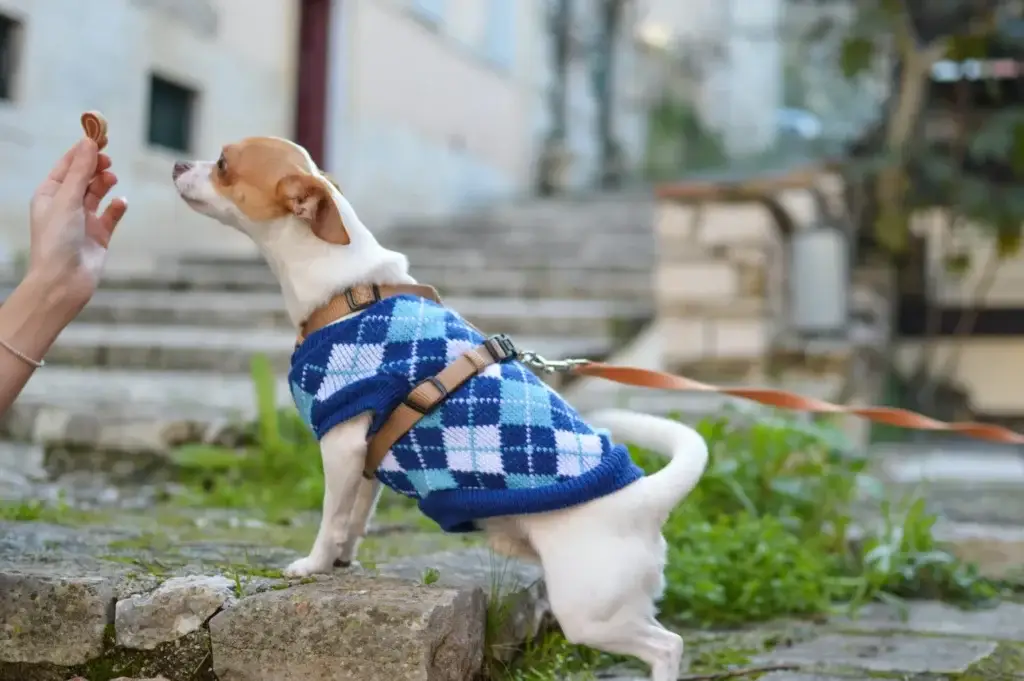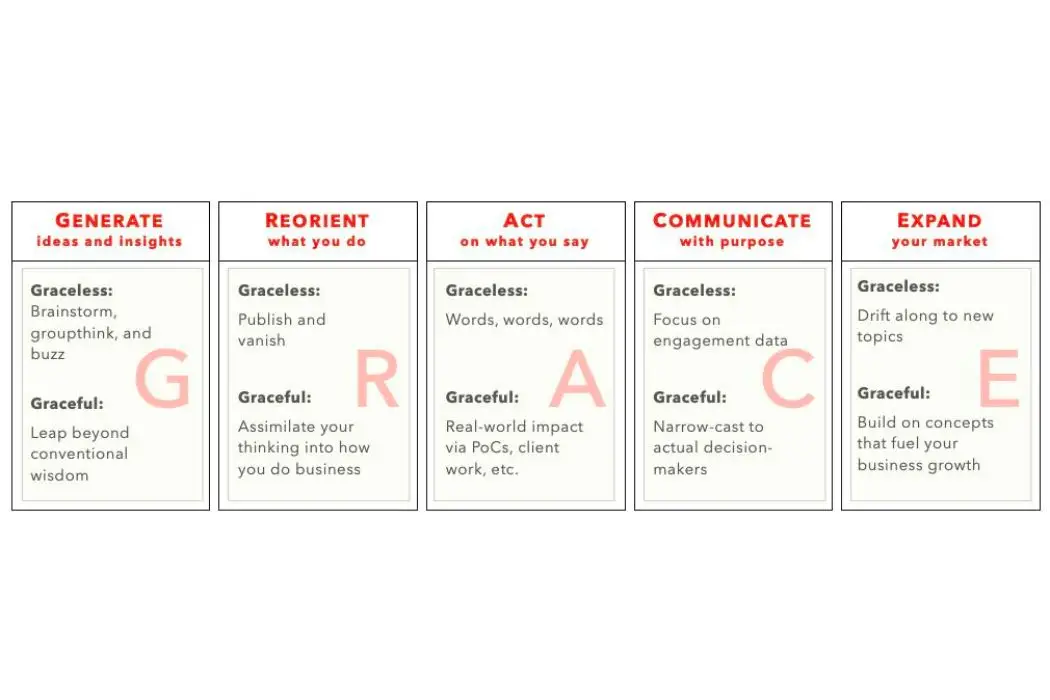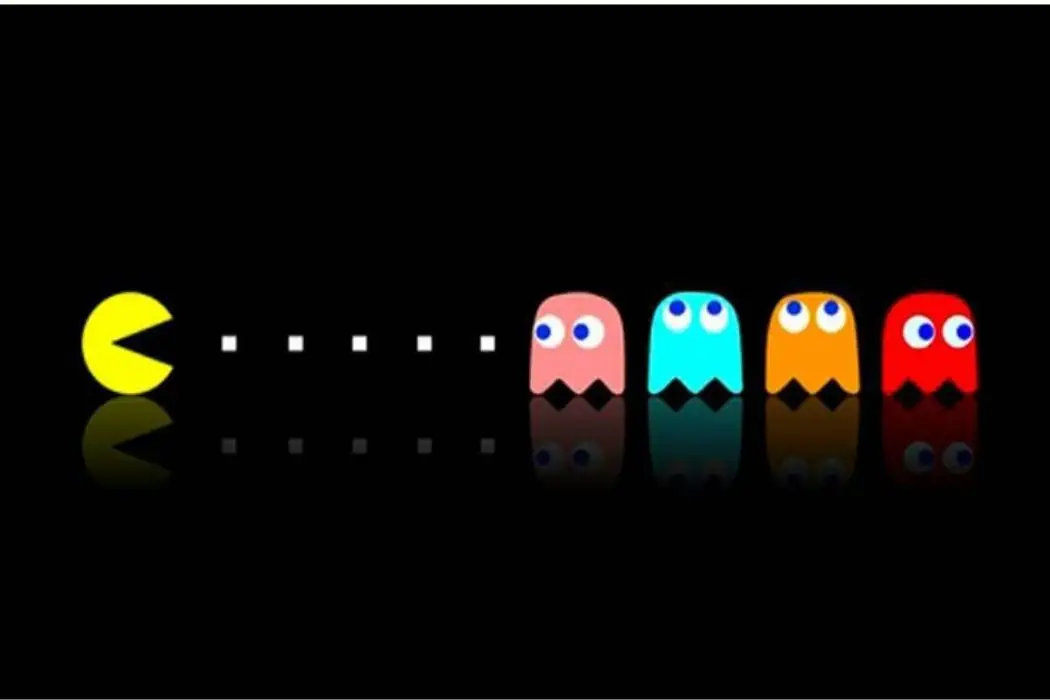Chihuahuas are notorious ankle-biters. Some owners and trainers attribute it to the small size of the breed. Others cite (probably) apocryphal stories that chihuahuas were bred to harass opponents in battle, keeping them distracted with a frustrating pack of nipping animals.
Those of us more focused on the twenty-first-century workplace have our own chihuahuas to contend with. Some may simply be over-eager, some truly bellicose, and some, frankly many more, of our own making.
Hypercollaboration is one way that people get overly wound up and, well, hyper.
There is a common tendency to involve too many parties in the work that needs to get done around key projects and initiatives. All those extra resources are brought in without a corresponding extra investment in clear decision-making principles. As a result, no one knows who should decide what, how to finalize decisions and move on, or what other consultative and supporting roles they can play.
As a result, chaos ensues, and many people respond to the confusion of not having clear roles by their own form of ankle-biting, such as raising untimely concerns (prematurely or after the fact), revisiting prior consensus, or, in some unfortunate situations, fighting out intradepartmental turf wars that have nothing to do with the project at hand.
Collaboration tools such as Slack, Kanban boards, and email threads, risk elevating the ankle-biting from a few episodes in meetings to a behavior problem endemic to an entire culture.
The antidote to this ankle-biting is to take a judicious and cautious approach to adding new chihuahuas (i.e., collaborators) to any pack. Make sure anyone on any collaborative team has a clear role and clear outcomes associated with their involvement, and that everyone understands those clearly.
Hyperdistraction is the mechanism that often tends to make us hyper as individuals.
Emails, messages, other symptoms of hypercollaboration, the tickling temptation to check the news or social media…these are the chihuahuas that will nip at our ankles and take us down every time if we don’t train them carefully. We have to learn to tame our own chihuahuas, too.
There is any number of productivity approaches we can use. I personally recommend a combination: Pomodoros for completing discrete tasks, 2-3 hour time-blocks on my calendar for more open-ended creative or strategic thinking, and a nearly inflexible approach to keeping work within the working hours I have set for myself. What makes these approaches work the mindset underneath them. Techniques don’t matter. People are best suited by sampling them and choosing what works best for them. Make a commitment to calming down distractions and to a focused mind, and then find or create systems that help enforce that commitment.
Make no mistake…I am not implying a lack of respect or creating a case for harsh methods by using this chihuahua metaphor. In fact, my personal ethic is that thinking of them as animals creates an ethical ground of truly compassionate kindness. There are no bad dogs, just bad situations leading to bad behaviors. When training the chihuahuas of hypercollboration or of hyperdistraction, we must be firm but above all kind. Don’t punish ankle-biting behaviors, but don’t enable them either.
Just take some good advice from the ASPCA as an allegory for figuring out how to train your own chihuahuas:
“If your puppy bites at your feet and ankles, carry his favorite tug toy in your pocket. Whenever he ambushes you, instantly stop moving your feet. Take out the tug toy and wave it enticingly. When your puppy grabs the toy, start moving again. If you don’t happen to have the toy available, just freeze and wait for your puppy to stop mouthing you. The second he stops, praise and get a toy to reward him. Repeat these steps until your puppy gets used to watching you move around without going after your feet or ankles.”




